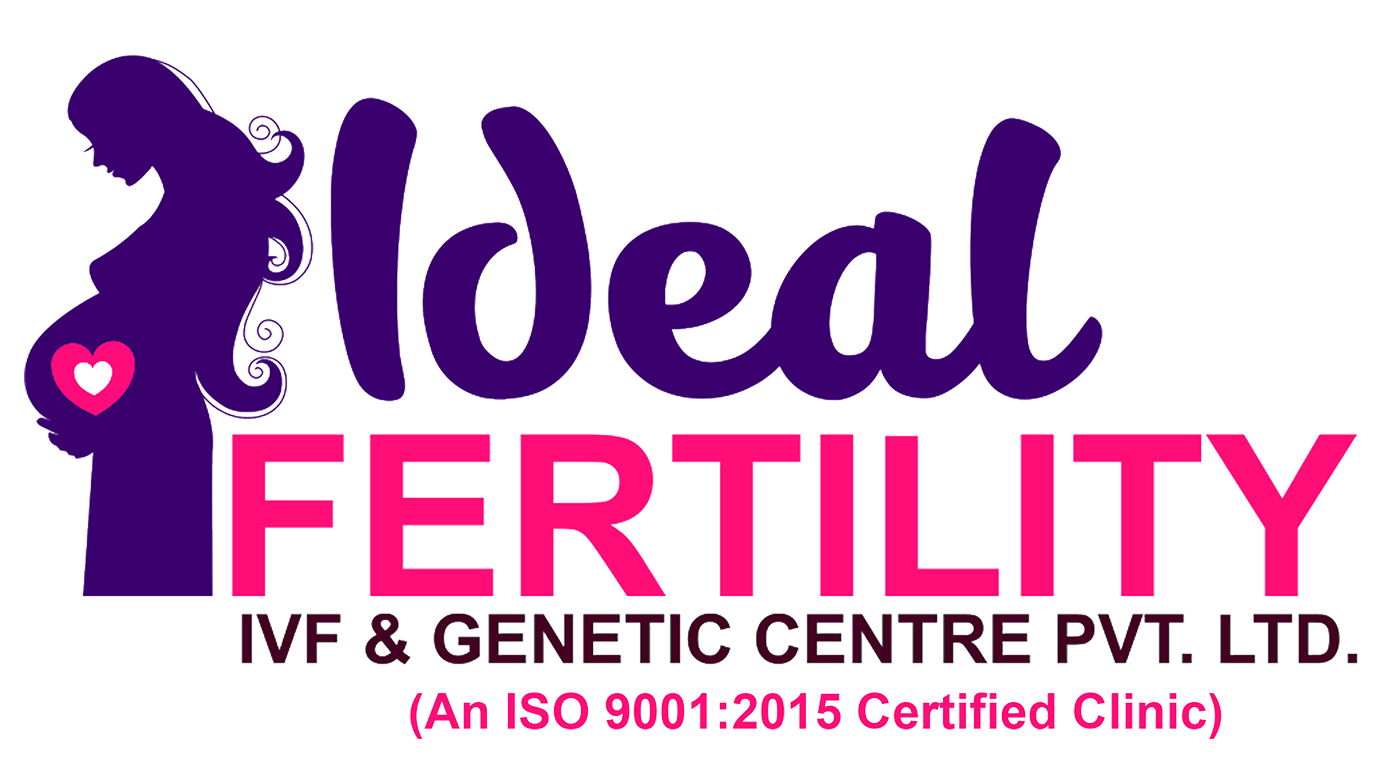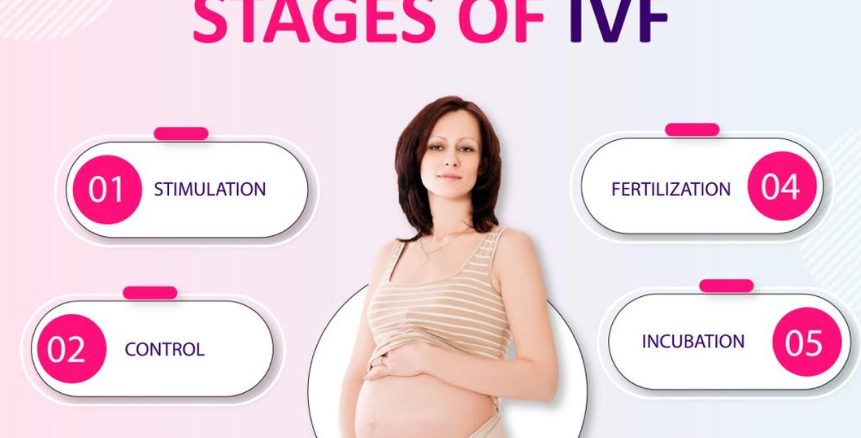Table of Contents
In today’s fast-paced world, especially in urban settings, individuals and couples are facing mounting pressure to balance their careers, relationships, and family life. In countries like India, where traditional values often collide with modern lifestyles, people are increasingly delaying marriage and parenthood. As a result, the incidence of fertility-related issues is on the rise, spurred not just by advancing age but by changing lifestyle factors as well.This shift has led to a growing interest in fertility treatments, with In Vitro Fertilization (IVF) becoming one of the most sought-after options for couples struggling to conceive. However, IVF is not for everyone, and it is important to understand who can opt for this treatment and why it is not a shortcut to bypass the natural process of conception.
The Changing Landscape of Fertility Issues
Over the past few decades, urban life has undergone a dramatic transformation. People are waiting longer to settle into matrimony and plan for children. As the average age for marriage and childbearing increases, so does the rate of fertility problems. These problems are not just age-related but are also influenced by lifestyle factors.
Many working individuals find it challenging to maintain a healthy and balanced lifestyle. Stress, irregular eating habits, lack of exercise, sedentary routines, and unhealthy habits like smoking and excessive alcohol consumption contribute significantly to fertility problems. These factors are becoming increasingly common, particularly among urban professionals who often struggle to balance their work and personal lives.
While medical science has made great strides in addressing fertility issues through assisted reproductive technologies (ART), including IVF, it’s crucial to understand that these treatments are not for everyone. IVF treatment is a medical procedure designed to treat specific infertility issues, and it should not be seen as an easy way to bypass natural conception.
Defining Infertility: When Is It Time to Seek Help?
Before diving into the details of IVF, it’s important to understand what infertility actually means. Infertility is defined as the inability to conceive naturally after one year of regular, unprotected intercourse. If a couple has been actively trying to conceive for 12 months and hasn’t been successful, it may be time to seek medical advice from a fertility specialist.
However, there are cases where couples may rush to IVF or other fertility treatments without giving themselves enough time to try conceiving naturally. In some instances, individuals may feel societal pressure to have children quickly or believe that IVF is a quick and easy solution. This mindset can be problematic, as it leads to the misuse of fertility treatments that are meant for couples with actual medical conditions preventing natural conception.
Who Can Benefit from IVF Treatment?
In Vitro Fertilization (IVF) is not a one-size-fits-all solution but is tailored for individuals and couples who face specific reproductive challenges. It is a carefully designed medical procedure meant to overcome obstacles that prevent natural conception. If you’re considering IVF, it’s essential to understand whether you fall into the category of those who can genuinely benefit from this treatment.
1. Couples Facing Age-Related Fertility Decline
As women grow older, their fertility declines, particularly after the age of 35. This happens because both the quantity and quality of a woman’s eggs diminish with age, making natural conception more difficult. For women over 40, IVF becomes a valuable option as it provides the opportunity to retrieve viable eggs and fertilize them outside the body. In cases where a woman’s egg quality is too low, IVF can also incorporate donor eggs, which significantly enhances the likelihood of a healthy pregnancy.
2. Women with Blocked or Damaged Fallopian Tubes
For conception to occur naturally, a woman’s fallopian tubes must be open and healthy to allow the egg to travel from the ovary to the uterus. If the tubes are damaged or blocked due to medical conditions like pelvic inflammatory disease or prior surgeries, the egg cannot reach the sperm for fertilization. IVF bypasses this problem by allowing fertilization to happen in a lab, then directly transferring the embryo to the uterus. This makes IVF a strong option for women with fallopian tube issues.
3. Individuals with Ovulation Disorders
For women with irregular or absent ovulation cycles, conceiving naturally becomes a significant challenge. Conditions like Polycystic Ovary Syndrome (PCOS) can interfere with the regular release of eggs, making it difficult to time conception. In such cases, IVF, often in conjunction with medication to induce ovulation, can be an effective treatment, ensuring that healthy, mature eggs are fertilized and then implanted in the uterus.
4. Couples Dealing with Male Factor Infertility
Infertility issues are not limited to women; in fact, male factor infertility accounts for nearly 40% of all infertility cases. Problems such as low sperm count, poor sperm motility, or abnormal sperm shape can all make natural fertilization more difficult. IVF, particularly when combined with Intracytoplasmic Sperm Injection (ICSI)—where a single sperm is injected directly into the egg—can overcome these challenges and significantly improve the chances of successful fertilization.
5. Couples Experiencing Unexplained Infertility
In some cases, despite comprehensive medical evaluations, no clear cause for infertility is found. This can be incredibly frustrating for couples who have tried other treatments without success. IVF offers a more controlled and monitored environment for conception, which often helps when the underlying cause of infertility is not known. By closely monitoring the development of embryos, fertility specialists can increase the chances of success, even in unexplained cases.
6. Women with Endometriosis
Endometriosis, a condition where tissue similar to the lining of the uterus grows outside the uterus, can lead to inflammation and scarring of reproductive organs. This can interfere with both egg quality and embryo implantation. IVF can help overcome these barriers by retrieving healthy eggs and facilitating fertilization outside the body. The embryos can then be carefully monitored before being implanted into the uterus, increasing the chances of a successful pregnancy.
7. Individuals Concerned About Genetic Conditions
For couples who have a family history of genetic disorders, IVF offers a critical advantage through Preimplantation Genetic Testing (PGT). This testing allows embryos to be screened for genetic abnormalities before they are implanted into the uterus. By selecting healthy embryos, IVF reduces the risk of passing genetic conditions to the next generation, offering peace of mind to parents who might otherwise face these concerns.
8. Same-Sex Couples and Single Parents by Choice
IVF is a valuable option for same-sex couples and single individuals who wish to start families. For same-sex female couples, IVF can be used with donor sperm, and in some cases, one partner’s eggs can be fertilized and the resulting embryo transferred to the other partner’s uterus. For single women, IVF with donor sperm provides the chance to conceive. Additionally, same-sex male couples can pursue parenthood through IVF and surrogacy, where a surrogate carries the pregnancy using a donor egg and one of the partner’s sperm.
9. Couples Who Have Failed Other Treatments
IVF is often a last resort for couples who have tried other fertility treatments like medication or Intrauterine Insemination (IUI) without success. When less invasive procedures fail to yield results, IVF offers a more controlled and scientifically monitored process that has a higher chance of success, especially for couples who have been struggling for a long time.

